
Roger Planchon
出生 : 1931-09-12, Saint-Chamond, Loire, France
死亡 : 2009-05-12
略歴
Roger Planchon (born 12 September 1931 in Saint-Chamond, Loire, died on 12 May 2009 in Paris), was a French playwright, director, and filmmaker.
Roger Planchon spent his childhood in the Ardèche, notably in Dornas. He found its inspiration from his rural origins and this issue was a recurring theme in his writings.
He started on stage in 1949 after winning an amateur theater. In 1952, he founded the Théâtre de la Comédie, located in the rue des Marronniers, in Lyon. He was the director of the Théâtre de la Cité of Villeurbanne since 1957 (which became the Théâtre National Populaire in 1972).
Roger Planchon transposed many works by Brecht, Molière, Shakespeare, and many works of contemporary authors, including Arthur Adamov and Michel Vinaver, but also opened the Théâtre National Populaire to Patrice Chéreau, then Georges Lavaudant.
As films, he directed George Dandin ou le Mari confondu by Molière, Louis, enfant roi, which was entered at Cannes, and another one by Lautrec.
In 2002, Christian Schiaretti succeeded him as director of the TNP; he created his own company with which he continued to write and direct until his death.
He died on 12 May 2009 after a heart attack, he is buried in the Père Lachaise Cemetery (22nd division).
Source: Article "Roger Planchon" from Wikipedia in English, licensed under CC-BY-SA 3.0.

In Hanoi, a French couple who had come to adopt a baby met Maï, an old woman who had a love affair with a French officer in 1945. She tells how, sent by de Gaulle to restore order, Leclerc negotiates with Ho Chi Minh, against the advice of d'Argenlieu, the high commissioner.

Writer
The life of Henri de Toulouse Lautrec, famous french painter, who lived, enjoyed, loved in the late 1800s Paris' Montmartre cultural life. He suffered from suffered from congenital health conditions traditionally attributed to inbreeding. His lifestyle and work are a testimony of the late-19th-century parisian bohemian lifestyle, as he was commissioned to produce a series of posters for the Moulin Rouge cabaret opening. As an alcoholic, he was addicted to absinthe. The movie related his love affair with the french painter Suzanne Valadon.

Director
The life of Henri de Toulouse Lautrec, famous french painter, who lived, enjoyed, loved in the late 1800s Paris' Montmartre cultural life. He suffered from suffered from congenital health conditions traditionally attributed to inbreeding. His lifestyle and work are a testimony of the late-19th-century parisian bohemian lifestyle, as he was commissioned to produce a series of posters for the Moulin Rouge cabaret opening. As an alcoholic, he was addicted to absinthe. The movie related his love affair with the french painter Suzanne Valadon.
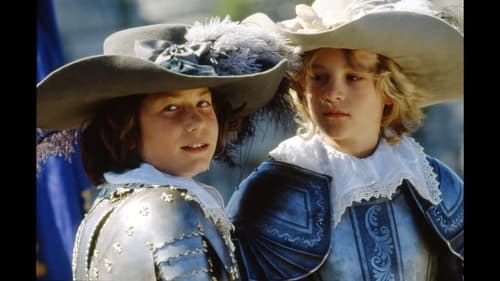
Screenplay
History buffs will glory in the riches of Louis, Enfant Roi, others will perhaps find this complex story of intrigues and betrayals in the court of the young king tough sledding. When Louis the Fourteenth (1638-1715) was born, the power of government was shared between the monarchy, the church, the nobility, and the Parlement. His predecessor had greatly centralized the powers of government following the advice of Cardinal Richelieu. Louis XIV (often called "The Sun King" for the brilliance of his rule) followed the advice of Richelieu's successor, Cardinal Mazarin (Paolo Graziosi), and brought the powers of government under the sole sway of the monarch. He expanded the territory and influence of France in a series of wars throughout his reign. How he came to be so autocratic and ruthless both personally and politically is the subject of this biographical drama.

Director
History buffs will glory in the riches of Louis, Enfant Roi, others will perhaps find this complex story of intrigues and betrayals in the court of the young king tough sledding. When Louis the Fourteenth (1638-1715) was born, the power of government was shared between the monarchy, the church, the nobility, and the Parlement. His predecessor had greatly centralized the powers of government following the advice of Cardinal Richelieu. Louis XIV (often called "The Sun King" for the brilliance of his rule) followed the advice of Richelieu's successor, Cardinal Mazarin (Paolo Graziosi), and brought the powers of government under the sole sway of the monarch. He expanded the territory and influence of France in a series of wars throughout his reign. How he came to be so autocratic and ruthless both personally and politically is the subject of this biographical drama.

Le Capitaine
A sensitive, 14 year old orphan in a military school learns about life and love from his classmates and teachers.

Castellane
Evocation of the life of the journalist Jean Galmot, adventurer, who established himself as a gold digger in Guyana in 1906. Madly in love with this country, he will die for having wanted to give dignity and freedom to the Guyanese people.

Le maire Faber
This fast-paced mystery is in part based on a novel by Yves Ellena and is at least equally based on the 1943 classic Le Corbeau, which in 1951 was produced in English by Otto Preminger as The Thirteenth Letter. In this movie, someone is using a pirate radio broadcast to dish the dirt on the lives of the elite of a small French town.
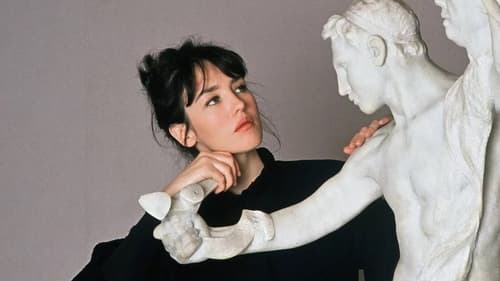
Morhardt
近代彫刻の巨匠、ロダンの弟子であり愛人だった若き女性、カミーユ・クローデルの半生を描いた作品。愛と情熱にその身を捧げた挙げ句、精神のバランスが崩壊していくヒロインを、イザベル・アジャーニが熱演。

Director
Claude Brasseur stars in this cinemadaptation of the Moliere play Georges Dandin, ou le mari confondu. Written in 1668, the play has been somewhat dwarfed by such like-vintage Moliere classics as The Imaginary Invalid. Still, it was popular enough in its time to inspire imitation, most notably Betterton's Don Juan and The Amorous Widow. The plot, involving a wealthy man's avoidance of marriage until he is trapped by a crafty widow, is but a peg upon which to hang any number of comic complications and character vignettes. Brasseur's leading lady is the toothsome Zabou.
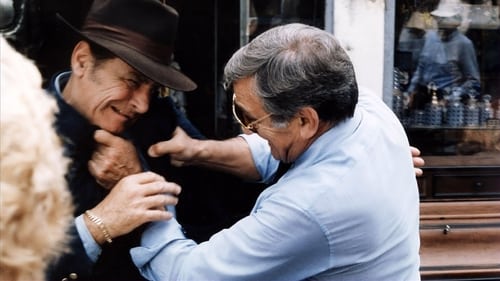
Le commissaire Paillard
Bastien Grimaldy, a man driven to heightened anxiety as the plot against him begins to take effect. Bastien's personal relationships give him enough cause for anxiety -- between his new lover Laura and a feisty mother, life provides its own insecurities. When he goes to the police with his problems, Bastien is assigned an off-beat inspector to protect him but is still faced with skepticism about his dilemma.

L'évêque
French film based on the story Der Findling by german author Heinrich von Kleist.
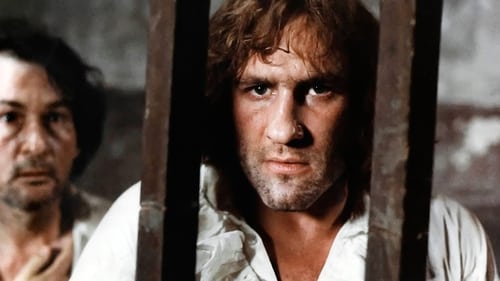
Danton and Robespierre were close friends and fought together in the French Revolution, but by 1793 Robespierre was France's ruler, determined to wipe out opposition with a series of mass executions that became known as the Reign of Terror. Danton, well known as a spokesman of the people, had been living in relative solitude in the French countryside, but he returned to Paris to challenge Robespierre's violent rule and call for the people to demand their rights. Robespierre, however, could not accept such a challenge, even from a friend and colleague, and he blocked out a plan for the capture and execution of Danton and his allies.
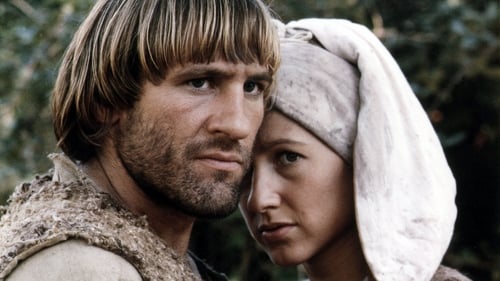
Jean de Coras
Village of Artigat, southern France, summer 1542, during the reign of Francis I. Martin Guerre and Bertrande de Rols marry. A few years later, accused of having committed a robbery, Martin suddenly disappears. When, almost a decade later, a man arrives in Artigat claiming to be Martin, the Guerre family recognizes him as such; but doubts soon arise about his true identity.
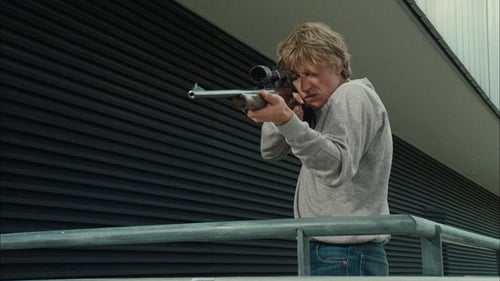
David Naggara
The film's plot is based on the Kennedy assassination and subsequent investigation. The film begins with the assassination of President Marc Jarry, who is about to be inaugurated for a second six-year term of office. Henri Volney, state attorney and member of the commission charged with investigating the assassination (based on the Warren Commission) refuses to agree to the commission's final findings. The film portrays the initial controversy about this, as well as Volney and his staff's reopening of the investigation.
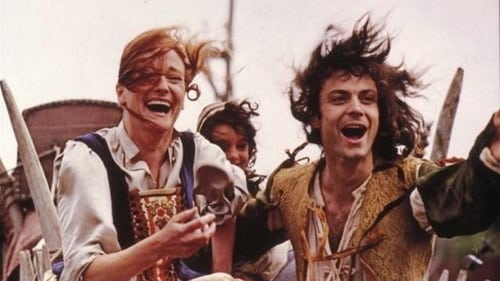
Colbert
Jean-Baptiste Poquelin is raised by his father and his grandfather because his mother dies when he's still very little. He works as a handyman, studies the law at a university and travels the country as an actor before he becomes the celebrated playwright Molière who impresses firstly the Duke of Orleans and then even King Louis XIV.
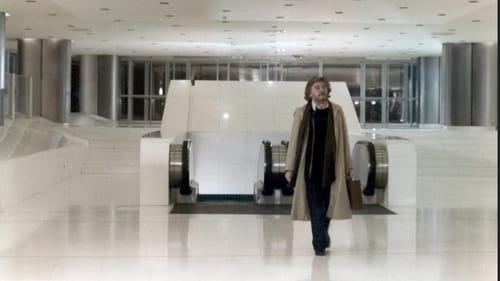
Esculape 1
French diplomat Dominique Auphal is put under surveillance by an unnamed secret service. They wish to find a weakness in his life in order to control him politically. Auphal becomes "File no. 51": his private life is spied, analysed and commented.
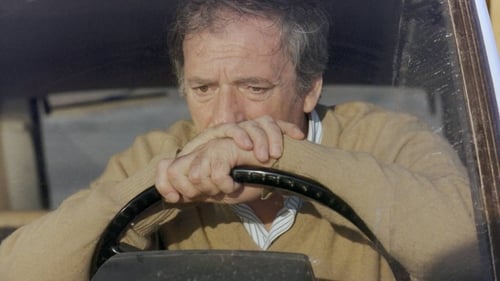
Parisian Attorney-at-law
France, 1975. Jean, an exiled Spanish Communist, is a successful screenwriter who, after a tragic event, struggles with his political commitment, his love for his country, under the boot of General Franco, whose death he and his comrades have waited for years, and his complicated relationship with his son. (A sequel to “The War Is Over,” 1966.)

Alexis Artaxerxès
Spinoza, attempting to discover why his son committed suicide, meets his girlfriend and his rival for her affections.

Self
Celluloid and Marble is based on Rohmer's own articles published in "Cahiers du cinéma", discussing film in relation to the other arts, maintaining that, in an age of cultural self-consciousness, cinema was “the last refuge of poetry” - the only contemporary art form from which metaphor could still spring naturally and spontaneously.
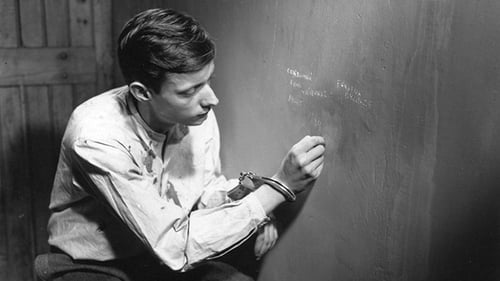
Guard on a Bike
A captured French Resistance fighter during World War II engineers a daunting escape from prison.














